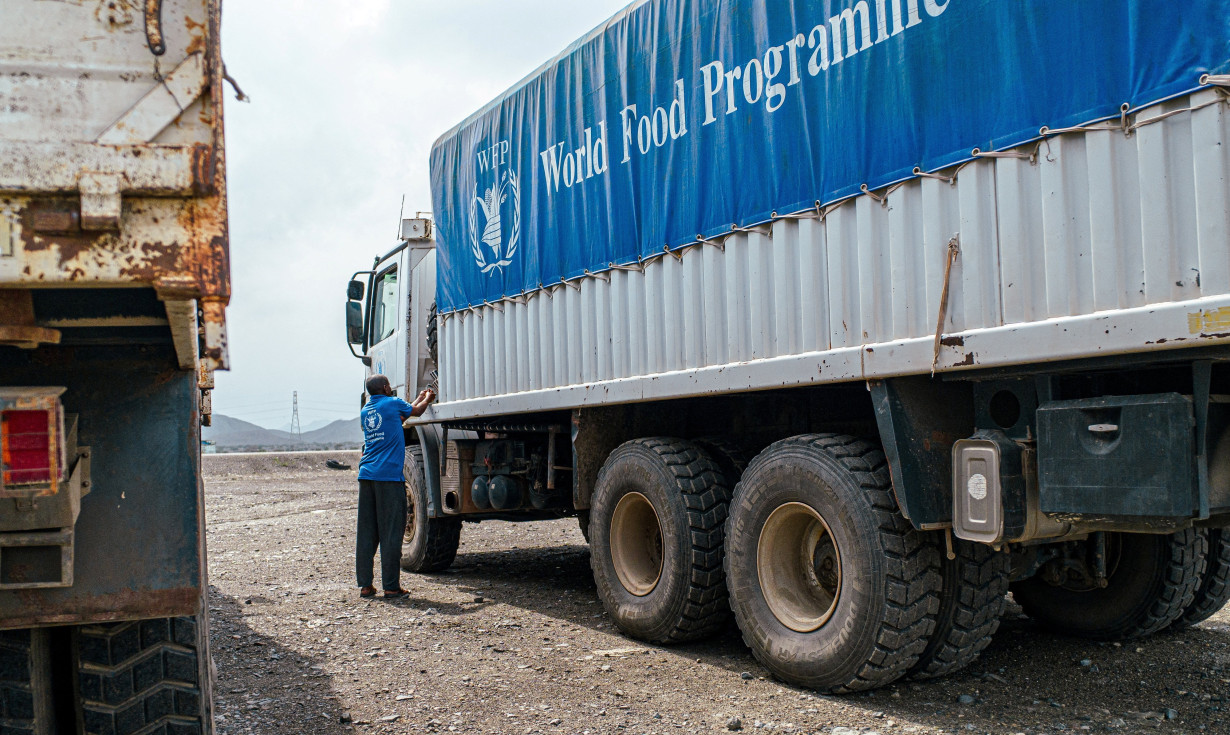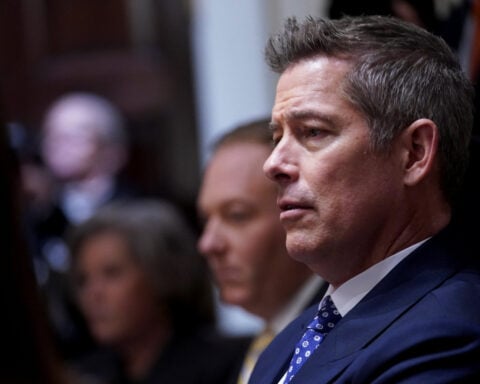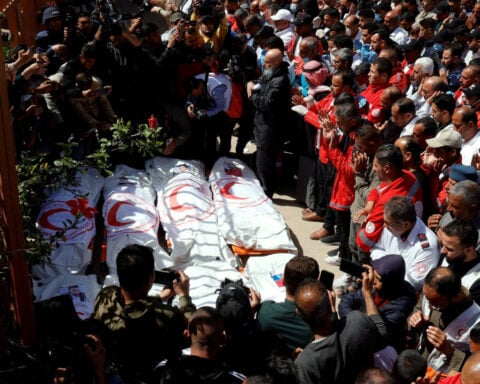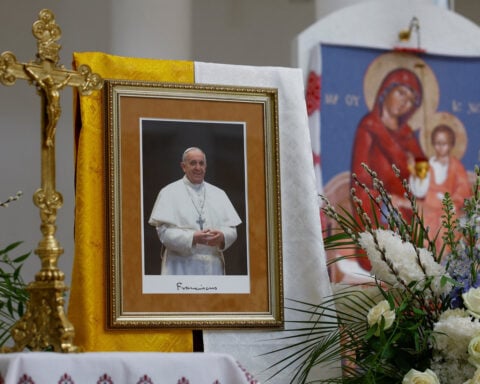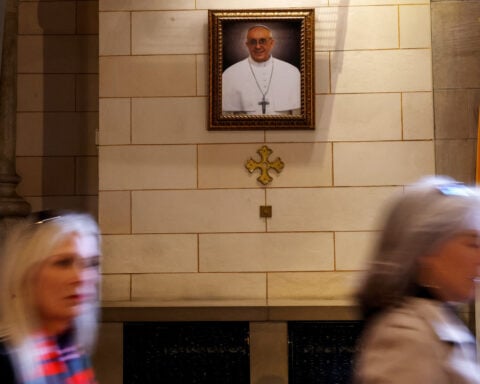By Daphne Psaledakis and Humeyra Pamuk
WASHINGTON (Reuters) -President Donald Trump's administration wants the U.N. World Food Programme to modify operations backed by the U.S. in six countries, a State Department spokesperson said on Wednesday, after Washington terminated and then reinstated the assistance.
Confirming Reuters reporting that the administration had restored U.S. support for some of WFP's emergency operations, the State Department spokesperson said Washington's work to review and reorient U.S. foreign aid was still ongoing.
"While they have been reinstated, the State Department and USAID intend to work with WFP to modify awards in Lebanon, Syria, Iraq, Jordan, Ecuador, and Somalia to better align with Administration priorities," said the spokesperson.
It was not immediately clear what kind of a modification Washington was seeking.
In an X post on Wednesday, WFP said it was "grateful to the U.S. for continuing to prioritize lifesaving food assistance to those facing hunger on the frontlines of crisis." WFP Executive Director Cindy McCain also posted on X on Wednesday: "As hunger reaches record levels, continued support from the U.S. is vital."
Reuters reported on Monday that the U.S. had ended $1.3 billion worth of life-saving aid programs for more than a dozen countries including Afghanistan, Yemen, Somalia and Syria.
WFP said on Monday that the U.S. notified the organization it was cutting emergency food assistance funding for 14 countries, warning "this could amount to a death sentence for millions of people facing extreme hunger and starvation."
A U.N. official, speaking on condition of anonymity, said on Wednesday that WFP's emergency operations in Afghanistan, Yemen, Niger and Democratic Republic of Congo had been terminated.
In Afghanistan, food assistance for 2 million people and malnutrition programs for 650,000 women and children would be cut, the official said, while in Yemen the U.S. support would have provided food assistance for 2.4 million people in the south and malnutrition programs for 100,000 women and children.
'THRESHOLD OF SURVIVAL'
In Niger, the U.S. funding would have provided malnutrition programs for 50,000 women and children and in Congo WFP will have to stop its emergency response in the country's east where millions are facing acute food insecurity, the official said.
The State Department spokesperson said some terminated WFP programs were contrary to an America First agenda and didn’t make America stronger, safer, or more prosperous.
U.N. spokesperson Stephane Dujarric said on Wednesday: "We share WFP's concern about the impact of these cuts on some of the world's most vulnerable people, many of whom live on the threshold of survival."
The State Department spokesperson said the WFP awards that Washington terminated including in Yemen and in Afghanistan were based "on credible and longstanding concerns" that the money was benefiting the Taliban and Iran-aligned Houthis, both of which the United States has designated as terrorist groups.
WFP has previously said it has strong mechanisms in place to monitor the distribution of its aid.
The U.S. also terminated its support for the U.N. Humanitarian Air Service - run by WFP - in Mali, Nigeria, Chad, Madagascar, DRC and Yemen, the U.N. official said, adding that the majority of that funding had already been spent.
"To date, USAID has terminated less than 15% of pre-existing WFP awards and the United States has nearly 130 active programs with the WFP, who remains an important partner," the State Department spokesperson said.
The cuts have been the latest piece of the Trump administration's drive to dismantle USAID, the main U.S. humanitarian aid agency.
The administration has canceled billions of dollars in foreign aid since the Republican president began his second term on January 20 in an overhaul that aid workers said jeopardized the delivery of life-saving food and medical aid and threw global humanitarian relief efforts into chaos.
The spokesperson on Wednesday said all decisions made by Secretary of State Marco Rubio "are in consultation with senior USAID and State Department leadership and the White House."
(Reporting by Daphne Psaledakis and Humeyra Pamuk in Washington and Michelle Nichols in New York; editing by Diane Craft)

 Trump has begun another trade war. Here's a timeline of how we got here
Trump has begun another trade war. Here's a timeline of how we got here
 Canada's leader laments lost friendship with US in town that sheltered stranded Americans after 9/11
Canada's leader laments lost friendship with US in town that sheltered stranded Americans after 9/11
 Chinese EV giant BYD's fourth-quarter profit leaps 73%
Chinese EV giant BYD's fourth-quarter profit leaps 73%
 You're an American in another land? Prepare to talk about the why and how of Trump 2.0
You're an American in another land? Prepare to talk about the why and how of Trump 2.0
 Chalk talk: Star power, top teams and No. 5 seeds headline the women's March Madness Sweet 16
Chalk talk: Star power, top teams and No. 5 seeds headline the women's March Madness Sweet 16
 Purdue returns to Sweet 16 with 76-62 win over McNeese in March Madness
Purdue returns to Sweet 16 with 76-62 win over McNeese in March Madness
